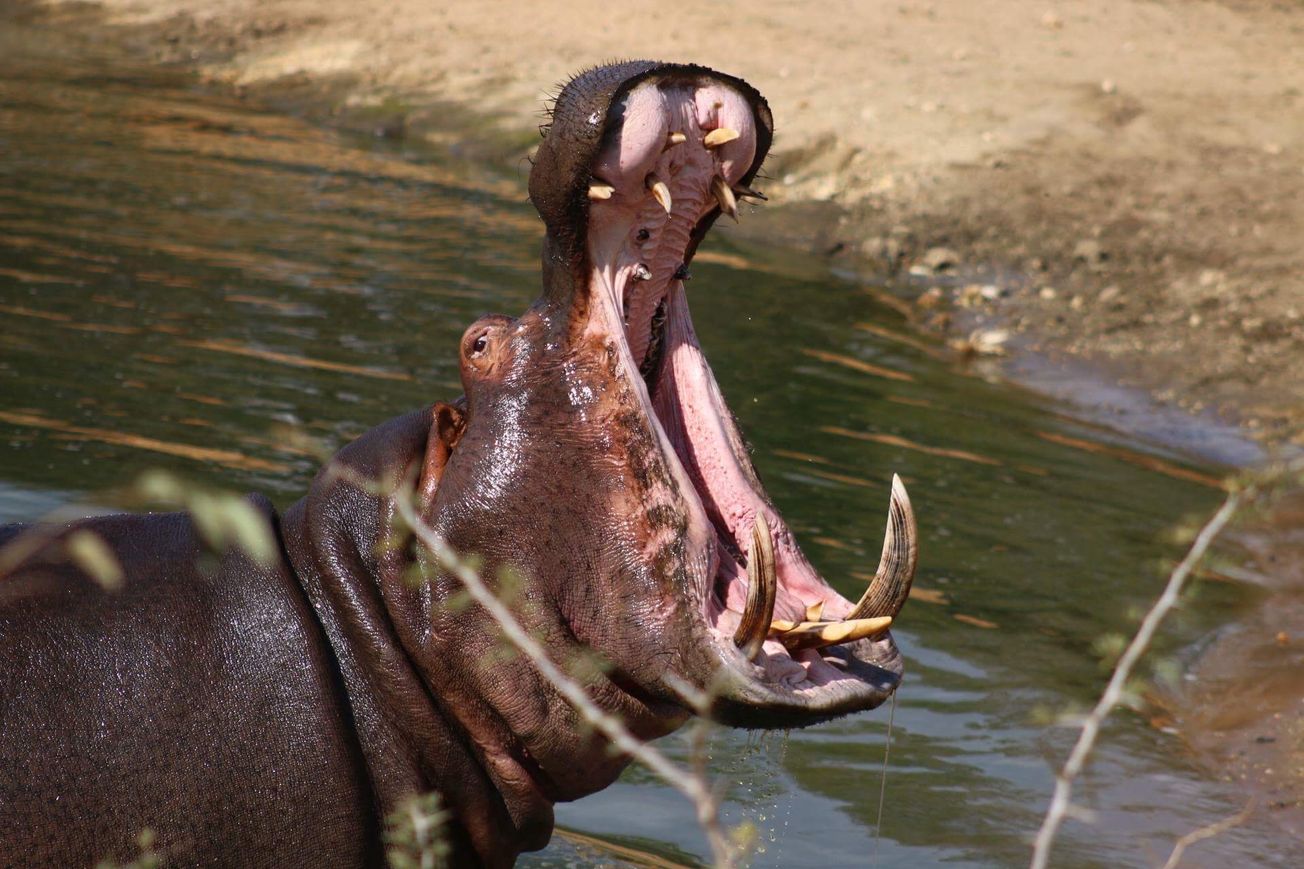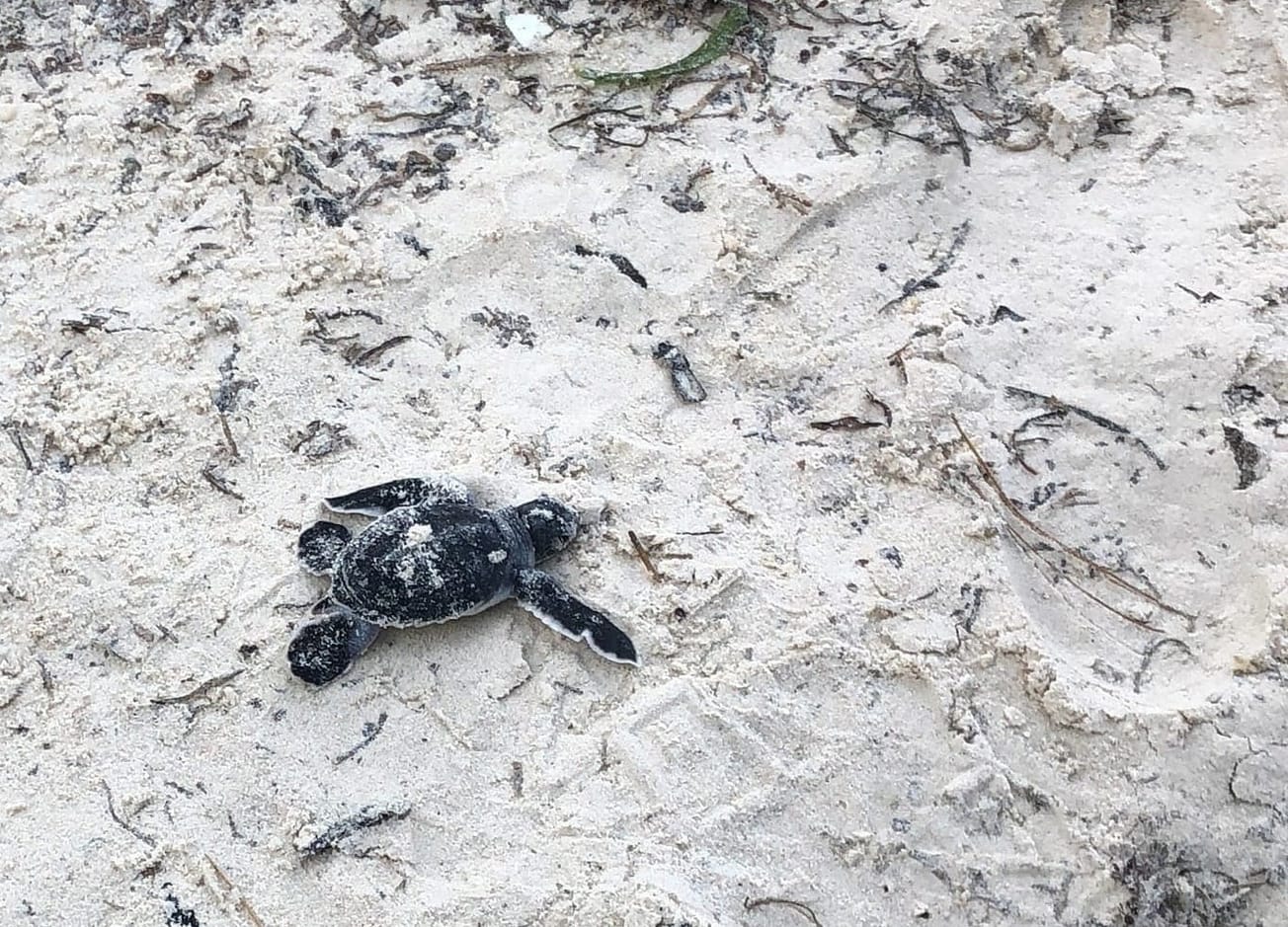By Kelly-Louise Ray, MSc Biological Sciences
The world’s leading wildlife film festival, Wildscreen Festival, took place last week – but not as we know it. Held biennially since 1982 in Bristol, the global hub of natural history film production, the film festival returned this year for the very first time as a virtual edition.
The internationally renowned festival, which celebrates the very best wildlife filmmaking talent worldwide, whilst aiming to advance the industry, was attended by a global audience – from aspiring wildlife filmmakers to established professionals.
The week’s programme, presented by Welsh wildlife biologist and BBC presenter Lizzie Daly, included panel sessions, Q&As and featured headline speakers such as director James Cameron and primatologist Jane Goodall. The festival also ran a number of masterclasses hosted by industry leaders on topics such as wildlife presenting, scriptwriting and how to break into this highly competitive industry.
Renowned wildlife filmmaker and University of Bristol graduate, Bertie Gregory, ran a masterclass on filming in extreme environments, recalling his adventures filming wolves and polar bears in the Canadian Arctic for National Geographic.
Missed out on any of our incredible masterclasses, sessions, keynotes or even the Panda Awards Ceremony last week? 🐬
— Wildscreen Festival (@WildscreenFest) October 26, 2020
Catch up NOW on the Wildscreen Festival platform: https://t.co/90R1XQ9s8a
📷 Still from 'Bertie Gregory: A Filming Adventure with Wolves and Polar Bears' pic.twitter.com/gxtWhriIz4
Unsurprisingly, a big talking point of the week was the very reason the festival adopted a virtual format: the COVID-19 pandemic. Programme-makers spoke of the novel logistical challenges the pandemic has presented for production due to social distancing, lockdowns and travel restrictions.
The wildlife film industry has proven its resilience by adapting to the situation with creative solutions, including rethinking formats for shows such as Springwatch – for example, by having presenters broadcasting from their local areas.
Many panellists agreed that some of the changes which have arisen from the pandemic will carry forwards into the future, such as an increasing reliance on local filmmaking talent, which would reduce the need to travel and consequently the carbon footprint of a production.
A positive effect of the pandemic is that the appetite for wildlife documentaries has never been greater, as people spend more and more time at home. Wildlife documentaries provide an escape like no other, allowing us to get closer to nature at a time when many are facing limited access to the natural world. A recently published study even found that there are significant wellbeing benefits of experiencing nature virtually.
Appetite for wildlife documentaries has never been greater
Despite being in the midst of a pandemic, the industry has been able to successfully meet this increased demand, with at least twenty large-scale wildlife productions currently in the pipeline.
Another focus of the festival was the ongoing climate crisis, providing the topic of conversation for what was arguably the main event of the week: a discussion between Sir David Attenborough and Greta Thunberg. Despite their almost 80-year age gap, Attenborough and Thunberg are united in their determination to solve the climate crisis.
The perspective of a man, who has witnessed the climate’s changes over the last decades and that of a young girl, who desires a secure future, provided an insightful contrast when speaking on the issues threatening the planet.
Thunberg, who is currently on week 115 of her school strike, emphasised the importance of natural history films – she herself was first introduced to the climate crisis by these films and described how they have an ‘extraordinary power to open up our eyes’.
They have an ‘extraordinary power to open up our eyes’
Though the climate crisis can only be solved through social, economic and political change, when asked what we as individuals can do to help, Thunberg responded: ‘The most important thing is to try to understand the problem, try to educate yourself, read up on it and spread that information to others – spread the sense that we are in a crisis’.
Attenborough urged viewers to waste less – including time addressing the crisis – and also to want less: ‘I’m surrounded by luxury. We’re encouraged to indulge ourselves, we’re encouraged to want things.. we should want less and less’. In a global economy which thrives off consumerism, we should be content with the simple pleasures of life and the beauty of the natural world. David and Greta in Conversation: The Planetary Crisis is available to watch on YouTube.

In addition to masterclasses, discussions and keynotes, a number of film screenings were held across the week, including two premieres. Wildscreen also launched a spectacular online film library of over 200 films on the festival platform prior to the week, available for pass holders to view until mid-December, in addition to the full programme of events from the week itself.
Thursday night culminated with the Panda Awards ceremony, presenting ten awards selected from over 600 entries. The highly coveted Golden Panda award went to the stunning My Octopus Teacher. This moving tale followed a wildlife cameraman’s year-long emotional bond with a curious octopus and the impact this unlikely friendship had on his life. My Octopus Teacher is currently available to watch on Netflix.
A Life on Our (dying) Planet: David Attenborough's plea for climate and biodiversity
Marine species taking refuge in unknown waters due to higher temperatures, Bristol and Exeter Uni study finds
The virtual edition of Wildscreen Festival provided a unique, accessible experience, bringing the international wildlife community together.
Sue Martineau, interim CEO of Wildscreen, the UK-based not-for-profit conservation organisation behind Wildscreen Festival said: ‘The 20th anniversary of Wildscreen Festival marked a unique and exciting new format for the event, but with everything that the industry has come to expect in terms of outstanding content and unrivalled access to industry leaders.’
Despite being fully virtual, the festival delivered the same high standard of content as always and firmly reinforced Bristol’s position as the home of wildlife filmmaking.
Featured Image: Epigram / Julia Riopelle
Have you been watching many nature documentaries to virtually 'escape' the pandemic?








